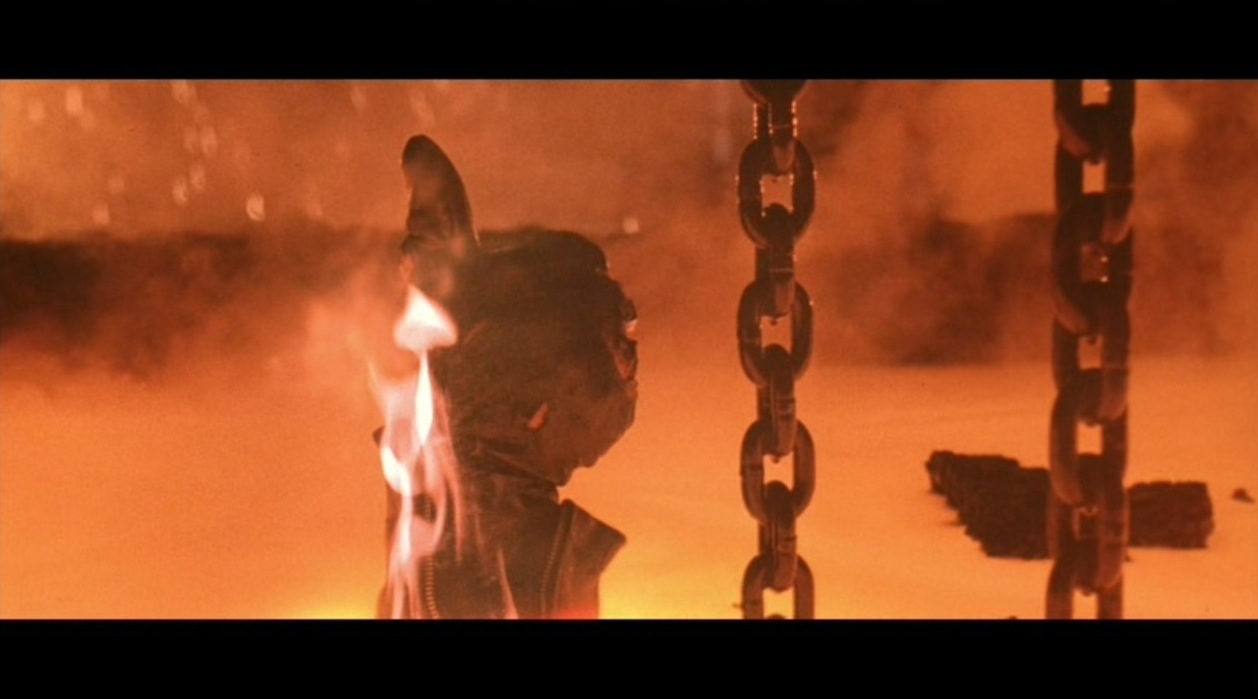Excited. Anxious. Relieved. Heartbroken. Generally content about it all. They’re all states I found myself in at least once—if not simultaneously—during the writing of this here Lettitor. If we’re to be completely honest with each other, I’ve been putting it off for a while.
I know most people are prone to procrastination, but even more than usual I’ve been humming and hawing over what to write for my final Lettitor. Volume 40, Issue 30 is my final issue as Editor-in-chief and likely my last with the Other Press.
Week after week, I’ve found myself staring down a blank Word document and been forced to compile whatever thoughts or feels might be circulating through this bearded brain of mine. I’ve gabbed about everything from friends-for-hire and sugar daddies to feminism and Christmas; I’ve told you about my breakups, social anxieties, and why I “can’t go home again.” But alas, the time has come to say goodbye to it all.
So how to end this 12-month streak of Lettitors? Do I cram it with inside jokes and shout-outs to the staff that I’ve come to call my friends over the last four years? Keep things brief and talk about something light like the weather or fart jokes? How about I find a middle ground and do neither?
Surprisingly, few people have ever asked me where my editor signoff came from or what it means. For those unfamiliar with Kurt Vonnegut, the line “So it goes” comes from his magnum opus Slaughterhouse-Five, a novel from 1969 about the effects of war and class struggles, all laced with an element of time travel. In the book, Vonnegut frequently uses “So it goes” as a way to shift the narrative from a more serious topic or event into something often completely different. Still with me?
There are a couple ways you could look at the phrase—as comedic relief during heavier moments, as a copout from having to develop ideas—but the way I interpret it is a bit different. No matter how significant a moment may be to the overall plot, regardless of what may be happening, Vonnegut can defuse any situation with a simple “So it goes.” Whether you look at it positively or negatively, it’s there to tell you “That’s what happened, there’s nothing we can do about it, and let’s move on.”
Four years might be a long time to me, but in terms of the Other Press, it’s a speck on the timeline. I’ve been around for just over 10 per cent of the paper’s lifetime and even that means nothing when you look at the larger picture. Often I found myself thinking about the editors who came before me, who faced trials similar to or completely different from mine, and no matter how much saying goodbye meant to them, the newspaper continued on without them. Student journalism is a cold beast, but we already knew that.
I’ve spent the last four years writing, editing, learning, exploring, and fucking up—and they’ve been some of the best years of my life. I know I won’t be remembered 10 or even five years from now at the paper, but that’s okay. It was never about leaving a legacy or creating a dynasty; it was about helping make some great shit and then leave room for the next generation to take things from there.
Helping ease my transition away from the Other Press is the confidence I have in my successor: outgoing assistant editor Natalie Serafini. Having the opportunity to watch Serafini grow over the past three years, from a nervous writer to the powerhouse editor she is today, has been a pleasure in itself. I’ve already had the chance to see her sit behind the Editor-in-chief desk and let me tell you, it suits her perfectly. You’re all in for a heck of a year and while I know she doesn’t need it, I wish her luck.
And with that, we’re almost at the end of it all. Y’all ready for it? One last time, for good measure.
So it goes,
Jacey Gibb



